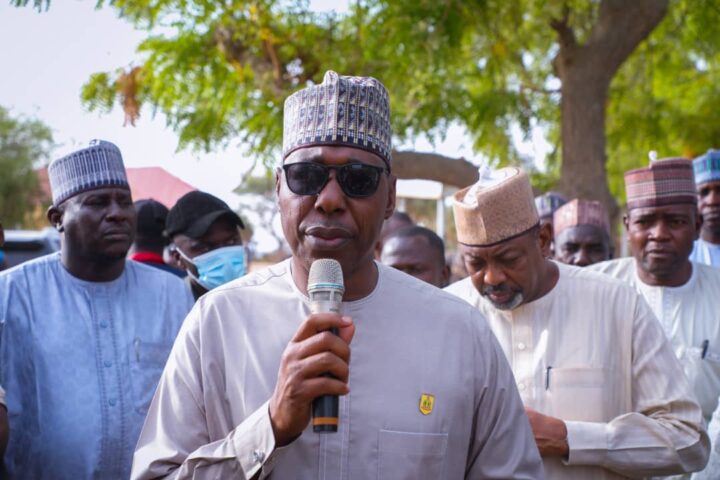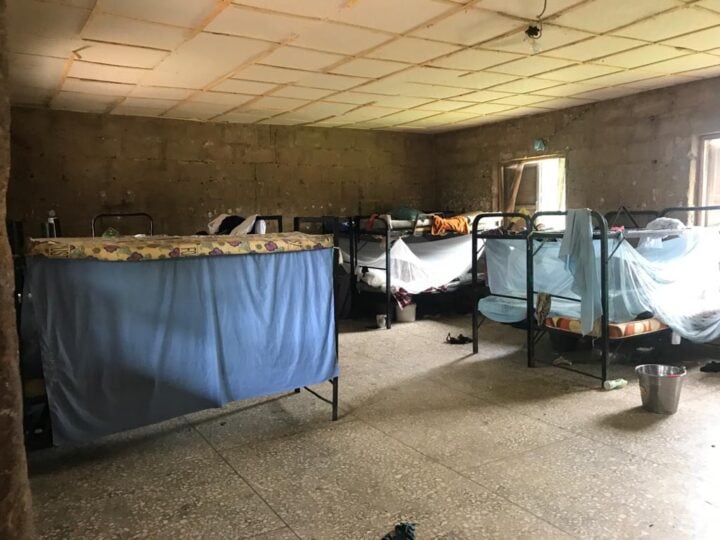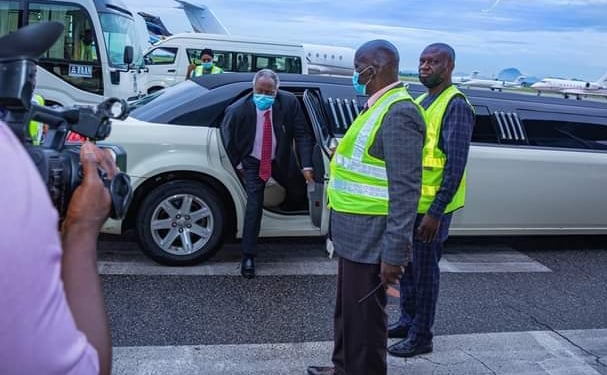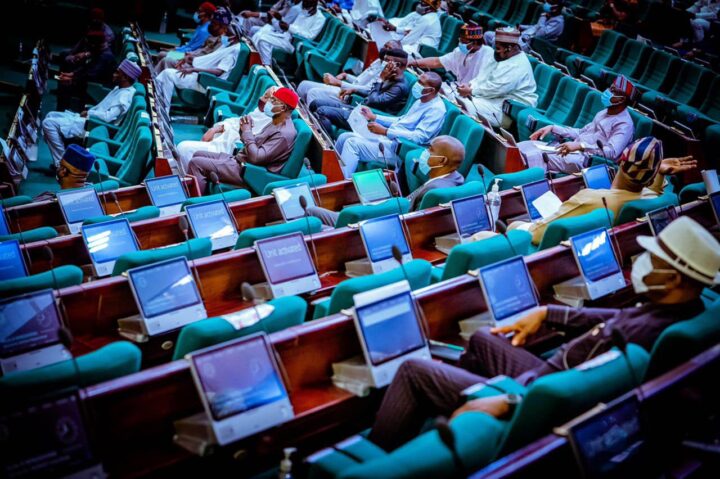One of the trainee with his passport and travel documents
The Nigeria-South Africa Chamber of Commerce (NSACC) has called for visa-free entry into all African nations to ensure the success of the Africa Continental Free Trade Area (AfCFTA) agreement.
Osayande Giwa-Osagie, NSACC president, said this on Thursday in Lagos during the chamber’s September breakfast forum themed, ‘Perspectives on the Africa Continental Free Trade Area in Relation to Nigeria’.
According to him, a single African passport will ease the movement of people and goods within the continent.
He said that AfCFTA would boost intra-African trade by 22 percent, adding that its implementation would impact positively on the Nigerian economy.
Advertisement
He also said Nigeria must diversify its economy to harness the gains of the agreement.
“Current intra-African trade rated at 15 to 17 percent is low and the AfCFTA is expected to boost intra-African trade by 22 percent,” NAN quoted Giwa-Osagie as saying.
“Challenges to its implementation are lack of infrastructure, political instability and lack of economic diversification.
Advertisement
“This gives rise to the need for Nigeria to diversify its economy to harness the gains of the agreement.
“Given the importance of the free movement of people, there is need for a free visa Africa and a single Africa passport.
“While the implementation would help boost the Nigerian economy, the impact would be limited if there are no free movement of people.”
On his part, Jesuseun Fatoyinbo, head of trade and transactional services, Stanbic IBTC Bank, said the business community needed more clarification on tariff reduction or elimination under the agreement.
Advertisement
According to him, the little information available to corporate organisations with regards to tariffs may lead to holding back on investments.
“We have noted increased interests from global multinationals and other corporates in setting up facilities in Africa aimed at serving the continent and exporting abroad,” he said.
“So more transparency around tariff reductions both in terms of timelines and details of goods could prompt companies to act.”
Fatoyinbo also called for more attention to the digitisation of trade processes across the continent.
Advertisement
In another development, Benedict Oramah, president, Africa Export-Import Bank (Afreximbank) said the successful implementation of AfCFTA will make the continent the largest trade area with a combined gross domestic product (GDP) of $3 trillion.
Oramah, represented by Ibrahim Sagna, Afreximbank global head/director of the advisory and capital market of the bank, said this during the opening of the Agriculture Summit Africa 2021 in Lagos.
Advertisement
He said AfCFTA would transform Africa from its fractured commodity-dependent growth of economies into a vibrant integrated market of over 1.2 billion people.
He added that the agreement presented a major opportunity for African countries to bring 30 million people out of extreme poverty and raise 68 million others who live on less than $5 to $50 a day.
Advertisement
AfCFTA is a trade agreement between AU member states to create a single market followed by free movement and a single-currency union.
The free-trade zone is expected to be the largest in the world since the creation of the World Trade Organisation in 1995.
Advertisement
Add a comment






